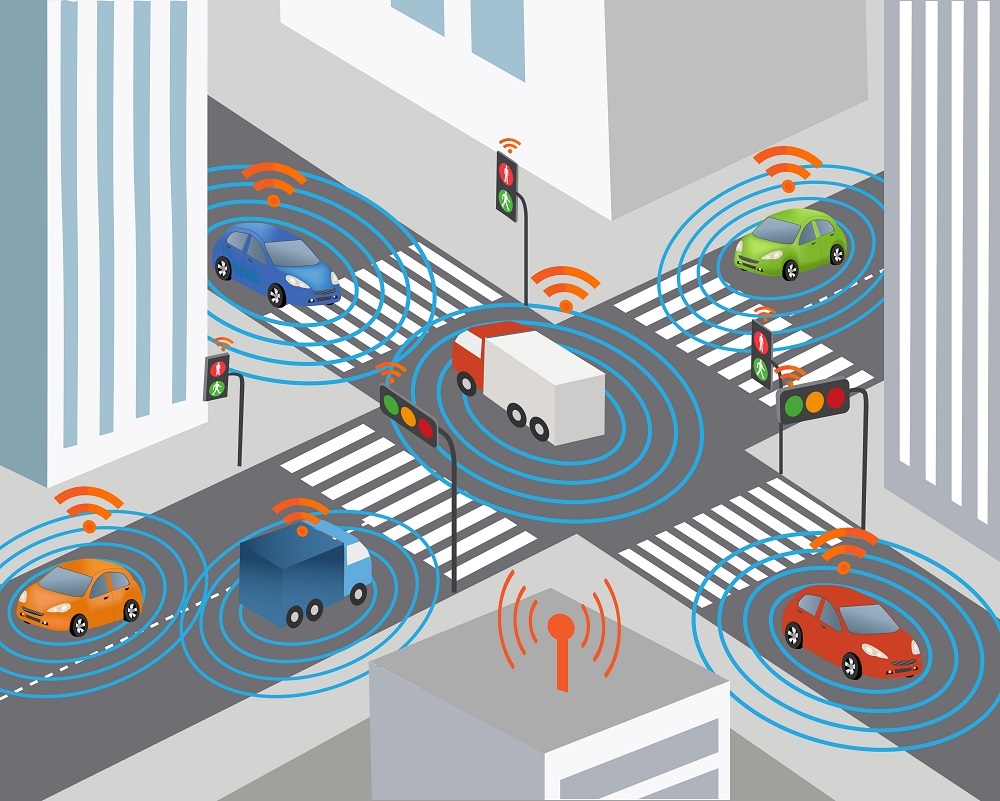Navigating the Downside: Unmasking Two Major Drawbacks of Modern Transportation Systems

Communication that connects cars to devices on the road, such as traffic lights, sensors, or Internet gateways. Wireless network of vehicle. Smart Car
In the realm of modern transportation, the rapid evolution of technology has brought about significant advancements. From high-speed trains to electric cars, and from autonomous vehicles to drone deliveries, the transportation landscape has been revolutionized. However, as with any technological advancement, modern transportation is not without its drawbacks. In this article, we will delve into two of the main disadvantages of modern transport: environmental impact and the issue of safety and security.
- Environmental Impact
One of the most significant disadvantages of modern transportation is its environmental impact. Despite the advent of electric and hybrid vehicles, the majority of cars, trucks, and buses on the road still run on fossil fuels. These vehicles emit greenhouse gases, primarily carbon dioxide, contributing to global warming and climate change.
Moreover, the manufacturing process of vehicles, particularly electric ones, also has a substantial environmental footprint. The production of lithium-ion batteries, which power electric cars, involves mining for metals like lithium, cobalt, and nickel. These mining activities often lead to land degradation, water pollution, and disruption of local ecosystems.
In the aviation industry, the environmental impact is even more pronounced. Air travel is currently responsible for about 2.5% of global carbon dioxide emissions. With the projected growth in air travel, this figure is expected to rise, exacerbating the challenge of reducing global greenhouse gas emissions.
- Safety and Security
The second major disadvantage of modern transport lies in the realm of safety and security. As transportation systems become increasingly interconnected and reliant on technology, they also become more vulnerable to cyber-attacks. Hackers could potentially take control of autonomous vehicles, disrupt traffic management systems, or access sensitive information, posing significant safety and security risks.
Moreover, while autonomous vehicles hold the promise of reducing human error in driving, they are not foolproof. There have been several reported incidents of accidents involving self-driving cars, raising concerns about their safety. The integration of artificial intelligence in transportation also raises ethical questions, such as who would be held responsible in the event of an accident.
In the aviation sector, safety remains a paramount concern. Despite advancements in technology, air travel is not immune to accidents, often with devastating consequences. The reliance on complex technology and automated systems can also lead to complacency among pilots, potentially compromising safety.
In conclusion, while modern transportation has brought about unprecedented convenience and efficiency, it is not without significant drawbacks. The environmental impact and safety and security issues pose considerable challenges that need to be addressed. As we continue to innovate and evolve our transportation systems, it is crucial that we also develop solutions to mitigate these disadvantages, ensuring a sustainable and safe transportation future.